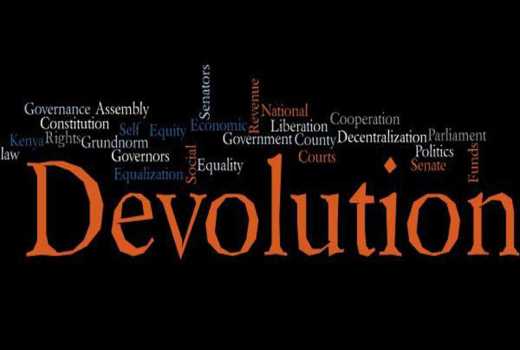
The fifth annual Governors Conference kicks off today in Kakamega. Ideally, the conferences give governors an opportunity to review their gains in the previous year and most importantly, where they have fallen short; how to stay ahead and remedies for the shortcomings.
The rationale behind devolution was taking services closer to the people and allowing them to determine their own fate through constant engagement with their leaders. This type of participatory democracy allows the people to feel that they are directing their own destinies.